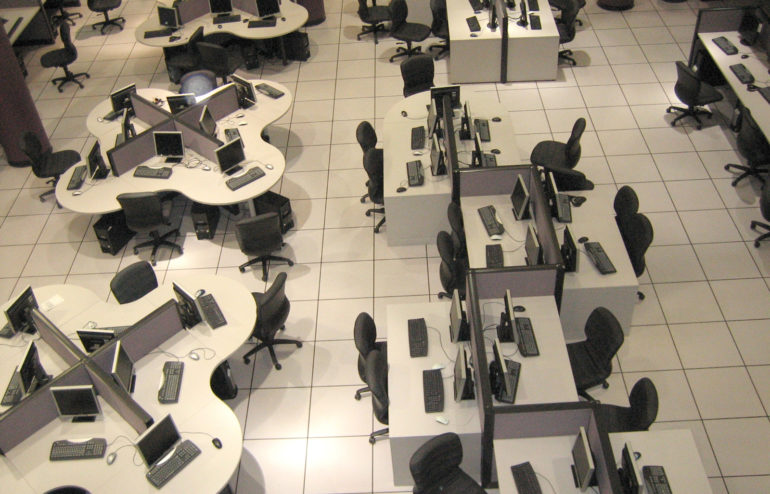Work from home…..
What a difference a month makes! Like other life-changing events – say the birth or death of a loved one, or a world war – the effects tend to have a profound impact on our individual and collective perspective. This is what the novel coronavirus pandemic has forced all of us to do, irrespective of public and corporate status – reflect.
As with the virus itself, no one is immune from the effects of what is already a global economic catastrophe. And yet, despite early warnings of what was to come for at least two months, many employers are just now scrambling to craft a survival strategy for business continuity. Even with recent experience with other virus strains, there seems to be no playbook as to how to handle this situation from a business perspective.
Hardware & Slumber
It’s one thing to be using the now-trending terms ‘work from home’ or ‘teleworking’ as potential solutions, for leaders and Human Resource (HR) professionals on the front lines can bear witness to the fact that most organisations are prepared to execute in theory only. Not many small-and medium-sized firms, even employers of choice, actually have the infrastructure and systems in place to allow a significant percentage of their labour force to work remotely.
Here are the stark realities:
The hospitality industry, where physical interaction is vital to product and service delivery, is all but shuttered. So, in tandem with labour laws, while simply trying to stay solvent, many companies have had to make decisions they never imagined in their worst nightmares, and tell most, if not all, their workers that they no longer have a job. For organisations that do provide virtual services via phone or online communication, they still have to make tough calls about which non-essential staff members go on rotation or go home altogether. Imagine a company without an HR department or partner to help guide them through these unchartered waters.
Doing Homework
So how does a company without an information technology department begin to create the physical infrastructure and offsite workplace procedures to maintain security protocols and productivity levels? Evidently, some industries like the global outsourcing sector are inherently better equipped for this transition given that the very foundation of their business model is built on providing offshore virtual business support services at varying skill competency levels. It’s periods like these that can mirror war-time catastrophe where having external partners experienced in managing life-changing business and social upheaval are crucial to surviving what is potentially an existential event.
Whereas virtual work was once considered a nice-to-have amenity, climate change and technology will probably force us to accept the kind of radical change that took place during the first industrial revolution. Whatever the cause, a seismic change in how we live and work is inevitable. The companies that survive and thrive are those that plan for the worst while expecting the best. In the meantime, let’s hope and pray for a vaccine soon. Next article we’ll discuss ways to create opportunities from tragedies, especially for those facing unemployment in these extremely challenging times.
Until next time, leaders keep lookin’ up, and stay safe!
Read more


